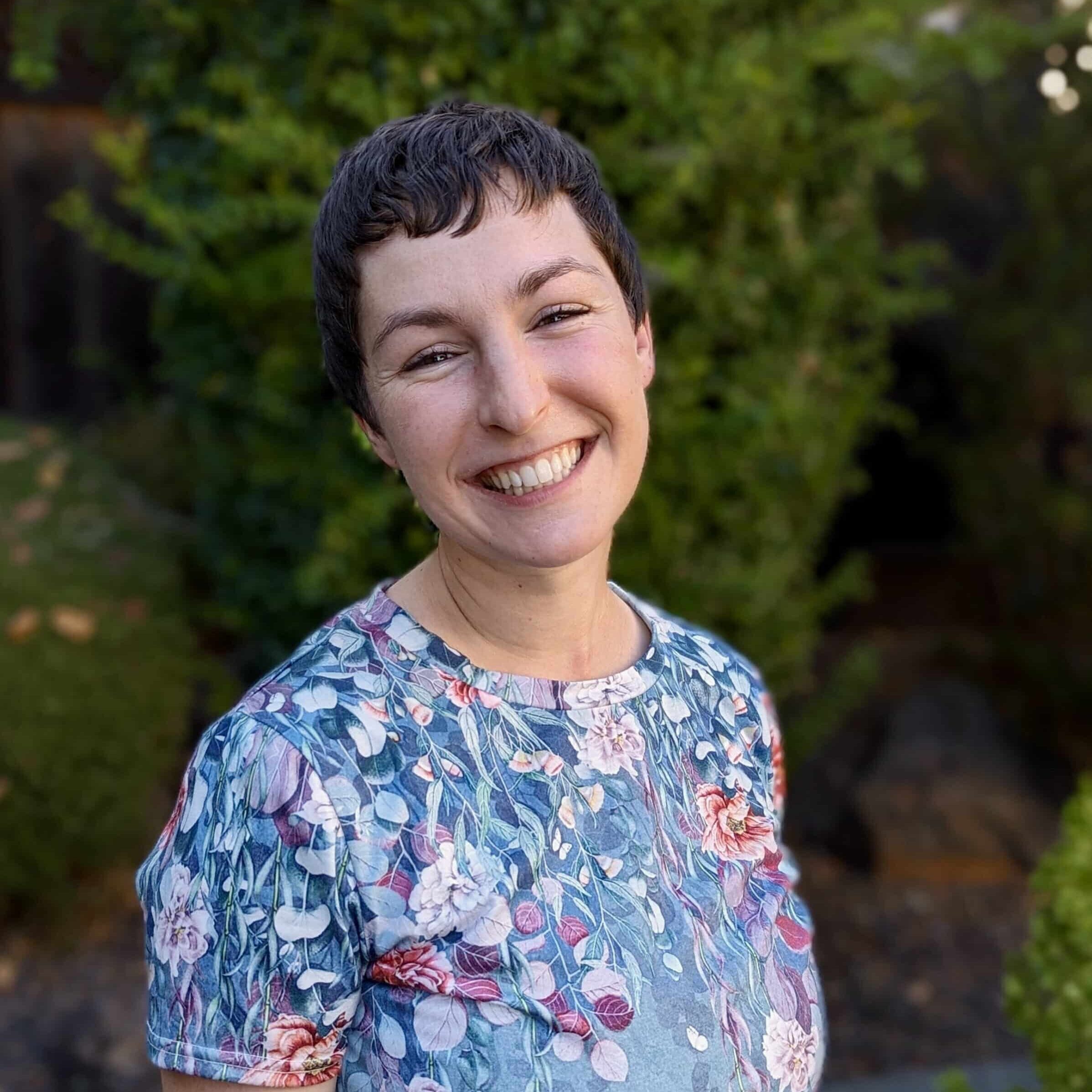Choosing the right mental health residential treatment facility in Utah is important for effective recovery and support of you or a loved one. This guide helps you understand the types of residential treatment for mental health in Utah, factors in choosing the right facility, how Corner Canyon Health Centers can help, and some FAQs to assist you.
Understanding Residential Treatment
Residential treatment for mental health refers to a comprehensive, intensive therapy program provided in a live-in facility. Unlike outpatient or day treatment where individuals return home after sessions, residential treatment involves staying at the facility for a specific period, ranging from a few weeks to several months. This type of treatment is designed if you or a loved one require a higher level of care than what outpatient services offer, but who do not need the full medical resources of a hospital setting.
Residential treatment centers provide a structured environment where you or a loved one receive 24/7 care and support from mental health professionals. The setting is more intensive than outpatient therapy because it allows for constant monitoring and immediate intervention if needed, making it an ideal option for those with severe or complex mental health issues.
Comparison with Other Types of Treatment
Outpatient Treatment: Clients live at home and attend therapy sessions or treatment programs during the day. This option offers flexibility but less intensive support.
Partial Hospitalization Programs (PHPs): A middle ground between outpatient and residential treatment, offering intensive day treatment while allowing individuals to return home at night.
Inpatient Hospitalization: Provides medical and psychiatric care in a hospital setting, suitable for acute psychiatric crises requiring immediate and intensive medical intervention.
Benefits of Residential Treatment:
24/7 Care and Supervision: Round-the-clock support ensures safety and immediate response to any crisis, providing peace of mind for both the individual and their loved ones.
Benefits of Residential Treatment
Structured Environment: A predictable routine and therapeutic activities help reduce stress and distractions, fostering a focus on recovery.
Comprehensive Support: Combines various therapeutic modalities, including individual therapy, group sessions, and possibly medication management, tailored to the individual’s needs.
Community and Peer Support: Living with others facing similar challenges offers unique support, understanding, and camaraderie, enhancing the recovery process.
Focus on Overall Well-being: Many programs include activities and therapies aimed at improving physical health, life skills, and emotional resilience, contributing to holistic healing.
Residential treatment provides a unique blend of intensive care, structure, and comprehensive support, making it a valuable option for those needing more than outpatient care can offer.

Why Choose Utah for Residential Treatment?
Utah stands out as a premier destination for residential treatment due to its unique combination of natural beauty, serene environments, and high-quality facilities. The state is renowned for its breathtaking landscapes, from the majestic Rocky Mountains to the tranquil red rock deserts, offering a backdrop that fosters healing and reflection. This connection with nature is integral to the therapeutic process, providing individuals with a peaceful setting away from the stresses of everyday life.
The state’s commitment to mental health care is reflected in its high-quality residential treatment centers, which are known for their comprehensive and innovative approaches to therapy. These facilities often incorporate outdoor and adventure-based therapies that utilize Utah’s natural surroundings, enhancing the traditional therapeutic modalities with experiential learning and physical activity.
Utah also has specific regulations and standards in place for residential treatment centers, ensuring they meet high levels of care and service. This regulatory environment means that facilities are regularly monitored and must adhere to strict guidelines, providing an added layer of assurance for those seeking treatment.
Choosing Utah for residential treatment offers individuals the advantage of engaging in a holistic healing process supported by stunning natural environments, state-of-the-art facilities, and a regulatory framework that prioritizes their well-being and recovery.
Types of Residential Treatment Programs in Utah
Utah offers a diverse range of residential treatment programs catering to individuals with various needs, including mental health disorders, substance abuse and addiction, dual diagnosis, and specialized populations.
Mental Health Issues
If you or a loved one are dealing with mental health issues such as depression, anxiety, bipolar disorder, or PTSD, Utah’s residential treatment centers offer specialized care in nurturing environments. These programs focus on intensive therapy and support, employing individual, group, and family therapy sessions to promote healing and develop coping strategies. Many centers also incorporate holistic approaches, including mindfulness and stress management techniques, to support overall well-being.
Substance Abuse and Addiction
In Utah, residential treatment programs for substance abuse and addiction provide comprehensive care that encompasses detoxification, therapy, and relapse prevention planning. These programs are designed to address the physical, psychological, and social aspects of addiction, employing evidence-based therapies such as Cognitive Behavioral Therapy in Utah (CBT), Motivational Interviewing (MI), and family therapy. Facilities often offer personalized treatment plans that may include holistic and experiential therapies, leveraging Utah’s outdoor activities for therapeutic purposes.
Dual Diagnosis Treatment
Recognizing the complexity of treating individuals with both substance abuse issues and mental health disorders, Utah provides dual-diagnosis treatment programs. These programs offer integrated care that addresses both conditions simultaneously, understanding that one can often exacerbate the other. Treatment includes a combination of psychiatric services, substance abuse counseling, and therapeutic interventions tailored to meet the unique needs of each individual.
Specialized Programs
Utah is home to several specialized residential treatment programs catering to unique populations, such as veterans dealing with PTSD and substance abuse, and members of the LGBTQ+ community who may face specific challenges related to their mental health and well-being. These programs offer targeted support and therapy in an inclusive and understanding environment, focusing on the specific needs and experiences of these groups. Additionally, some facilities provide programs for adolescents, addressing the particular mental health and developmental needs of younger individuals.
Overall, Utah’s diverse landscape of residential treatment programs ensures that individuals can find a pathway to recovery that resonates with their personal experiences and challenges, supported by the natural healing environment and high standards of care the state is known for.
Choosing the Right Facility
Choosing the right residential treatment facility is a critical step toward recovery and mental well-being. It is essential to consider several key factors, including accreditation and licensing, treatment modalities and therapies offered, staff qualifications, and aftercare support, to ensure the best possible outcome.
Accreditation and Licensing
Opting for an accredited and licensed facility is paramount. Accreditation by reputable organizations such as the Joint Commission or CARF (Commission on Accreditation of Rehabilitation Facilities) signifies that the facility meets high standards for care, safety, and patient rights. Licensing by state health departments ensures that the facility complies with local regulations and standards. These credentials are indicators of reliability and quality, providing peace of mind that the facility is committed to delivering the best care.
Treatment Modalities and Therapies Offered
Effective residential treatment programs utilize a variety of evidence-based therapies tailored to individual needs. Common modalities include Cognitive Behavioral Therapy (CBT), which helps individuals identify and change negative thought patterns; Dialectical Behavior Therapy (DBT), focusing on improving emotional regulation and interpersonal effectiveness; and Eye Movement Desensitization and Reprocessing (EMDR), particularly effective for trauma-related issues.
Some also offer a variety of innovative therapies that extend the range of care options beyond the core traditional therapies. Understanding the therapies offered can help ensure that the treatment approach aligns with an individual’s specific needs.
Staff Qualifications
The qualifications and experience of the staff are crucial for providing high-quality care. Look for facilities with a multidisciplinary team of licensed professionals, including psychiatrists, psychologists, therapists, and support staff, who have expertise in treating specific conditions and populations.
Aftercare and Support
Long-term recovery often depends on continued support after leaving the residential setting. Quality facilities provide comprehensive aftercare programs, including outpatient therapy, support groups, and relapse prevention strategies, to support individuals in maintaining their progress and integrating back into their daily lives.
Considering these critical factors can guide individuals and their families in choosing a facility that offers a supportive, effective, and safe environment for recovery.
Start Your Journey with Corner Canyon Health Centers
Embarking on the path to recovery and well-being can be a transformative yet challenging journey, requiring the right environment, support, and tailored care. Corner Canyon Health Centers in beautiful Draper, Utah stands out as a center of hope and healing for individuals seeking quality residential treatment. With an unwavering commitment to excellence, personalized treatment plans, and a serene healing environment, Corner Canyon is not just a treatment facility; it’s a place where recovery is nurtured, and lives are rebuilt.
Why Choose Corner Canyon?
Our Commitment to Excellence:
At the heart of Corner Canyon Health Centers is a dedication to providing the highest quality of care. This commitment is evident through our accreditation and licensing, ensuring that we meet rigorous standards for treatment practices and patient safety. As a Joint Commission-accredited facility, we maintain the highest standards of treatment, behavior management, and medical protocols.
Our center is staffed by a team of experienced professionals who bring a wealth of knowledge and compassion to their work, creating a supportive and effective treatment environment. Our adherence to evidence-based treatment modalities further underscores our commitment to excellence and to delivering outcomes that change lives.
Personalized Treatment Plans
Understanding that each individual’s journey to recovery is unique, Corner Canyon prioritizes the creation of customized treatment plans. By taking into account the specific needs, circumstances, and goals of each person, we ensure that our approach is as effective and relevant as possible. Our diverse treatment options are tailored to support each individual’s path to recovery.
We offer individualized treatment plans that include clinically sophisticated therapies like Accelerated Resolution Therapy (ART), EMDR, Internal Family Systems (IFS), And Cognitive Processing Therapy (CPT), which build on more traditional therapies like Cognitive Behavioral Therapy (CBT), Dialectical Behavioral Therapy (DBT), Motivational Interviewing (MI) and Behavioral Therapy.
Corner Canyon builds on these therapies by using innovative treatment modalities like Ketamine Assisted Psychotherapy, the Stellate Ganglion Block shot for rapid reduction of PTSD symptoms, Nutritional Psychiatry, Gut-Brain Diet, Yoga, Somatic Breathing, Sound Bowls, Massage Therapy, Equine and other Experiential Therapies.
A Healing Environment:
The physical setting of Corner Canyon is as integral to our treatment philosophy as the therapies we offer. Nestled in the stunning landscapes of the Wasatch Mountains in Utah, our center provides a tranquil and healing environment that fosters reflection, growth, and healing. The natural beauty surrounding our facilities contributes to the therapeutic process, offering clients a peaceful backdrop for their recovery journey.
Comprehensive Support and Aftercare
Recovery does not end when a residential treatment program does. Recognizing the importance of sustained support, Corner Canyon offers comprehensive aftercare planning and a robust support network to ensure long-term success and well-being. Our aftercare services are designed to provide ongoing assistance and resources to our clients as they navigate the challenges of integrating back into daily life, maintaining the progress they have made during their stay with us.
How to Get Started
Taking the first step towards recovery can feel daunting, but Corner Canyon Health Centers makes the process as smooth and supportive as possible. For those ready to start their journey with us, initiating contact is simple. Call us at 801-784-6861, or email us at admissions@cornercanyonhc.com or through our online form for consultations or inquiries. Our dedicated team is ready to provide you with the information you need and guide you through the next steps.
Choosing Corner Canyon Health Centers means choosing a path of compassionate, individualized care that aligns with your search for quality residential treatment in Utah. With our commitment to excellence, personalized approach, healing environment, and comprehensive support, we are here to empower you on your journey to recovery and well-being. Start your journey with us, and take the first step towards a future defined by health, healing, and hope.
Preparing for Residential Treatment
Preparing for residential treatment is an important step toward recovery, requiring careful planning and consideration.
- Financial planning is paramount; ensure you understand the costs involved and explore insurance coverage or payment plans offered by the facility.
- It’s also vital to communicate with your employer or school to manage your absence.
- When packing, include comfortable clothing, personal hygiene items, and any permitted personal items that will make your stay more comfortable, adhering to the center’s guidelines.
- It’s essential to mentally prepare yourself for the journey ahead.
- Set realistic expectations for your recovery process, recognizing that it’s a journey with its challenges and victories.
- Lastly, arrange support from family or friends for your time in treatment and after, creating a support network that will be invaluable during and after your residential stay.
Taking these steps can ease the transition into treatment, allowing you to focus on your recovery.
Frequently Asked Questions
- What conditions do residential treatment centers typically address?
Residential treatment centers are equipped to treat a variety of mental health conditions, including but not limited to depression, anxiety disorders, bipolar disorder, PTSD, and severe stress. They also offer specialized programs for substance abuse, eating disorders, and dual-diagnosis cases where individuals struggle with both mental health issues and substance abuse.
- How long does residential treatment usually last?
The length of stay in residential treatment can vary depending on the individual’s needs and the specific program’s structure. Typically, programs can range from a few weeks to several months. The exact duration is often determined by the individual’s progress and the treatment team’s recommendation.
- What is a typical day like in residential treatment?
A typical day in residential treatment includes a structured schedule of therapy sessions, including individual therapy, group therapy, and possibly family therapy. Additional activities might include educational sessions on mental health, wellness activities such as yoga or meditation, and recreational time. The goal is to provide a balanced routine that supports healing and growth.
- How does the admission process work?
The admission process usually starts with an initial assessment, either over the phone or in person, to determine the appropriateness of the residential treatment for the individual’s needs. This is followed by a detailed intake evaluation upon arrival to tailor the treatment plan. The facility may also require medical records and other documentation as part of the admission process.
- Can I visit my family member/friend during their stay?
Most residential treatment centers have specific visiting hours and policies in place to allow for family visits. These visits are often seen as an important part of the recovery process, providing support and maintaining connections. However, the frequency and timing of visits might be regulated to ensure they benefit the individual’s treatment plan.
- What kind of aftercare support is provided after completing a residential treatment program?
Aftercare is a crucial component of the treatment process, providing continued support once an individual leaves the residential setting. This may include outpatient therapy, support groups, and follow-up appointments with mental health professionals. The goal is to ensure a smooth transition back into daily life and to support long-term recovery.

Key Takeaways
- Residential treatment for mental health refers to a comprehensive, intensive therapy program provided in a live-in facility.
- Residential treatment centers provide a structured environment where you or a loved one receive 24/7 care and support from mental health professionals.
- There are a variety of benefits to residential treatment for mental health.
- If you or a loved one are dealing with mental health issues such as depression, anxiety, bipolar disorder, or PTSD, Utah’s residential treatment centers offer specialized care in nurturing environments.
- Similarly, those with substance abuse issues or with a dual diagnosis combined with mental health issues can also benefit from residential treatment for mental health.
- Choosing the right residential treatment facility is critical to recovery and mental well-being. It is essential to consider several key factors.
- Choosing Corner Canyon Health Centers means choosing a path of compassionate, individualized care that aligns with your search for quality residential treatment in Utah.












